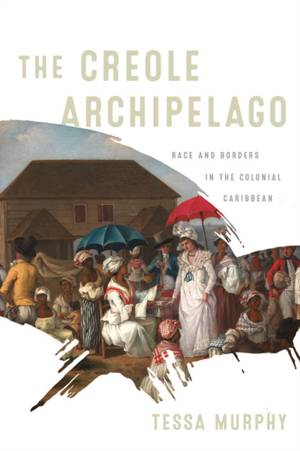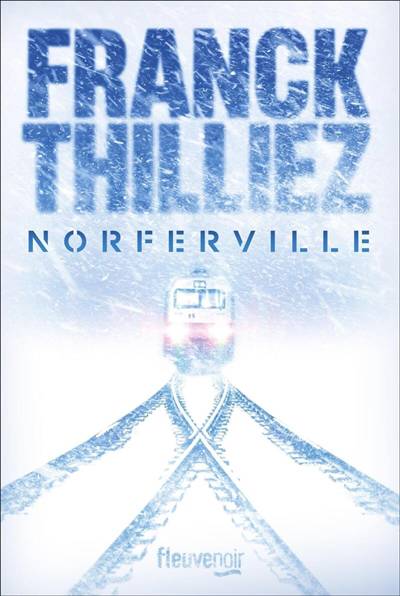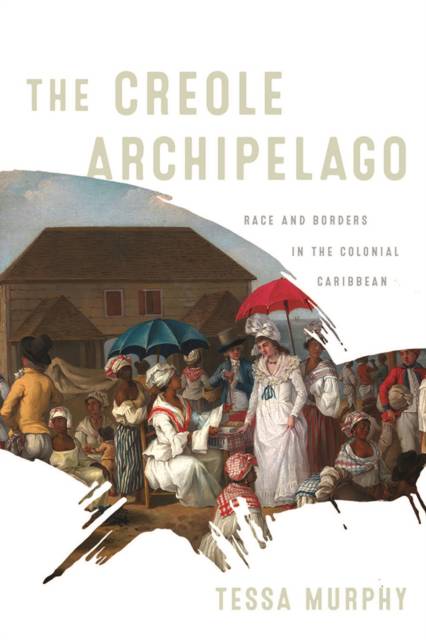
- Retrait gratuit dans votre magasin Club
- 7.000.000 titres dans notre catalogue
- Payer en toute sécurité
- Toujours un magasin près de chez vous
- Retrait gratuit dans votre magasin Club
- 7.000.000 titres dans notre catalogue
- Payer en toute sécurité
- Toujours un magasin près de chez vous
100,95 €
+ 201 points
Format
Description
In The Creole Archipelago, Tessa Murphy traces how generations of Indigenous Kalinagos, free and enslaved Africans, and settlers from a variety of European nations used maritime routes to forge social, economic, and informal political connections that spanned the eastern Caribbean. Focusing on a chain of volcanic islands, each one visible from the next, whose societies developed outside the sphere of European rule until the end of the Seven Years' War in 1763, Murphy argues that the imperial frameworks typically used to analyze the early colonial Caribbean are at odds with the geographic realities that shaped daily life in the region.
Through use of wide-ranging sources including historical maps, parish records, an Indigenous-language dictionary, and colonial correspondence housed in the Caribbean, France, England, and the United States, Murphy shows how this watery borderland became a center of broader imperial experimentation, contestation, and reform. British and French officials dispatched to Dominica, Grenada, St. Lucia, St. Vincent, and Tobago after 1763 encountered a creolized society that repeatedly frustrated their attempts to transform the islands into productive plantation colonies. By centering the stories of Kalinagos who asserted continued claims to land, French Catholics who demanded the privileges of British subjects, and free people of African descent who insisted on their right to own land and enslaved people, Murphy offers a vivid counterpoint to larger Caribbean plantation societies like Jamaica and Barbados. By looking outward from the eastern Caribbean chain, The Creole Archipelago resituates small islands as microcosms of broader historical processes central to understanding early American and Atlantic history, including European usurpation of Indigenous lands, the rise of slavery and plantation production, and the creation and codification of racial difference.Spécifications
Parties prenantes
- Auteur(s) :
- Editeur:
Contenu
- Nombre de pages :
- 320
- Langue:
- Anglais
- Collection :
Caractéristiques
- EAN:
- 9780812253382
- Date de parution :
- 26-10-21
- Format:
- Livre relié
- Format numérique:
- Genaaid
- Dimensions :
- 155 mm x 231 mm
- Poids :
- 657 g







